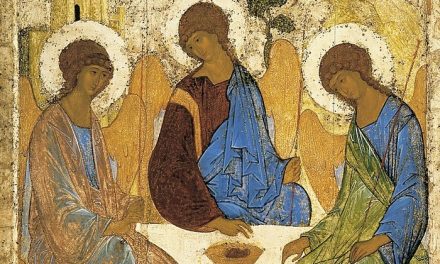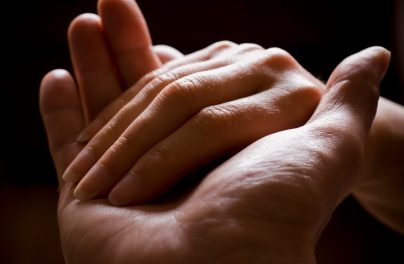Jonah 3:1-5, 10
Psalm 25:4-5, 6-7, 8-9
1 Corinthians 7:29-31
Mark 1:14-20
The readings for this week reveal just how difficult it can be at times to look to scripture for moral guidance. In the reading from 1 Corinthians, Paul tells his hearers, “from now on, let those having wives act as not having them.” The lectionary selection follows some even trickier advice:
Let each of you remain in the condition in which you were called. Were you a slave when called? Do not be concerned about it? . . . . Are you bound to a wife? Do not seek to be free. Are you free from a wife? Do not seek a wife (1Cor. 7:20-21, 27)
Paul almost seems to be providing us with an ethic of complacency: The end of the world is near! Don’t worry about this world; a better world is on its way! This would be a misguided way of reading Paul, a way of reading which can be corrected, in part, by hearing Paul’s advice in the context of the lectionary.
This week’s readings are not about passivity or complacency at all. Rather, they are about repentance, preparedness, and action. Jesus, in the reading from Mark, tells his hearers and tells us: “This is the time of fulfillment. The kingdom of God is at hand. Repent, and believe in the gospel.” Jesus is not announcing a future date of wrath and judgment that his hearers need to fear. Rather, he is calling their attention to the present. The Greek word “fulfilled” (perlerotai) and “has come near” (engiken) are both in the perfect tence, indicating an action which was begun in the past and is carrying on in the present. Jesus is telling his audience: “Look, we’ve been waiting for the kingdom of God to come. Here it is! Now is the time to get busy.” My favorite Christian singer Rich Mullins perhaps put it best when he sung “To say the time is short just means the time is now.”
Jesus’ announcement of his ministry can help us better understand what Paul is getting at in our reading from 1 Corinthians. Paul isn’t giving us specific rules to follow (it would be a pretty poor rule to give husbands that they should act as not having a wife!). He is calling our attention to the present: Are we living like we are members of the kingdom of God? Are we living out the kingdom in every area of our life? Has eternal life already begun inside each of us? In his next letter to the Corinthians, Paul is even more explicit: “If anyone is in Christ, there is a new creation: everything old has passed away; see, everything has become new!” (2 Corinthians 5:17).
Realizing that the kingdom is among us should call us to action. Pat Lamoureux and Paul Wadell, in their introductory text The Christian Moral Life identify the Kingdom of God as both “a gift and task.” The reign of God requires our active participation and cooperation. It requires that we today start building a new social order that is suitable for the kingdom.
What does it mean to live like the Kingdom of God is already among us? It means prioritizing. It means not allowing lesser goods to get in the way of greater goods. It means directing everything ultimately to God’s glory. And so the moral imperative from this week’s readings is to ask ourselves whether we have other allegiances and commitments that are competing with our invitation and choice to become disciples. Is “everything we can’t leave behind” standing in the way of our fully entering into the kingdom which is already among us? Or are we storing up for ourselves treasures for a future that both Paul and Jesus isn’t coming?
I cannot help but think of Mother Teresa’s story as depicted in the remarkable collection of her letters Come Be My Light as I reflect on this week’s reading. When she heard Christ call to her “I thirst,” she acted immediately, leaving all the comforts of her life with the Loreto sisters as a teacher, and committing herself completely, tirelessly, and without reserve to each poor voice that repeated Christ’s call “I thirst.” In comforting the dying, touching the outcast, and bearing the burden of poverty with the destitute, Mother Teresa helped make the Kingdom of God manifest in the lives of those most dis-included from every earthly kingdom. Most of us will not have the sort of call that Mother Teresa had, and yet, we are being called nonetheless. Who is the outcast among us? Who are our poor? It does no good to tell those who are suffering among us that “tomorrow is a better day” or “a better world is coming.” No, today is the day. The time is now. Now, let’s get to work.




